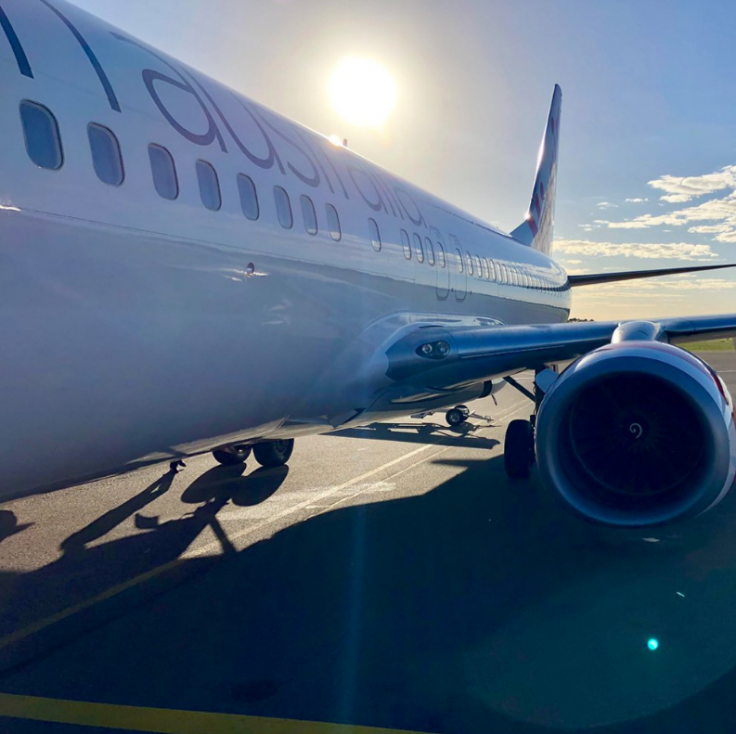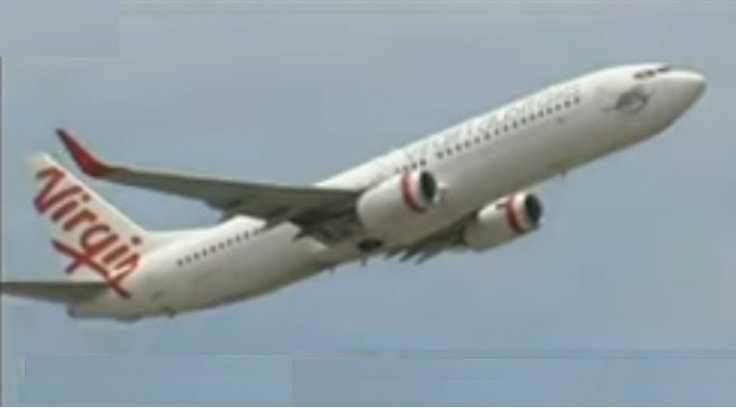US private equity firm Bain Capital has become the new owner of Virgin Australia, with the largest group of creditors voting in favor of the sale on Friday. This also brings an end to a high-stakes process that began in April when the company fell into administration after the federal government refused to bail it out. However, Virgin Australia also said that there could be further job losses despite the sale at the newly purchased carrier as the entire aviation sector is suffering due to the pandemic.
The takeover comes just over a month after the struggling airlines announced that it slash 3,000 jobs and hinted at more layoffs in the future. The unions, representing around 9,000 Virgin employees, said that they have welcomed the approval of the deal, which will now allow the carrier to exit voluntary administration. Bain Capital now faces the daunting task of rebuilding the airline in an aviation industry battered by the coronavirus pandemic due to border closures and restrictions on travelling.
Relief at Last

The formal sale of Virgin Australia to Bain Capital definitely gives the ailing airlines a fresh lease of life, as the deal has managed to secure millions of dollars in customer flight credit, Velocity Points and thousands of jobs. Bain Capital also said it will invest in regional services, although they will be likely cut down.
Virgin Australia has been one of the biggest corporate casualties of the coronavirus crisis, making a third of its workforce redundant. British billionaire Richard Branson, whose Virgin Group owns the Virgin brand, also supported the Bain bid. Mike Murphy, one of the managing directors of Bain Capital, said the decision was a "significant step" toward Virgin Australia's recovery. "We can now continue the rebuilding process from the strongest possible platform and with the least disruption," he said.
The Bain deal will give unsecured creditors a return of 9 percent to 13 percent of their investment and involves a financial commitment of A$3.5 billion, according to administrator Deloitte. That said, Virgin will cease to operate as a full-time service carrier like Qantas. However, the revamped airline will maintain key routes internationally. Once flights resume fully after COVID-19, the airline will be operating a smaller fleet of Boeing 737s.
Beginning of a New Journey

Virgin Australia was one of the first airlines from the Asia-Pacific region to fall when it was placed into voluntary administration on April 21, with debts of $6.8 billion. Virgin Australia ran into trouble after Branson's Virgin Group, and the Federal Government declined to give additional funding to bail out the airline. ACTU President Michele O'Neil said with the sale of the airline now finalized, it was on the Federal Government to ensure the aviation industry could recover from the recession.
Although unions supported the Bain bid, it will still result in the loss of 3,000 jobs, or about one-third of its total workforce, after the private equity group promised to run a bigger airline than rival bidders and maintain international operations. The announcement of the job cuts was made last month. At that time, Virgin had also said that it will cull Tigerair Australia as it rebrands as a "value airline" with a focus on domestic and short-haul international flights.
But that may not be an end to Virgin's problems. Hours after the sale, Virgin Australia boss Paul Scurrah said that he cannot rule out further job losses before the end of the year. "No one who can give a guarantee on anything," Scurrah said when asked if there would be redundancies before the end of the year. "There are too many things we don't control that we're relying on."
However, as part of the sale plan, Bain has pledged to save as many jobs as possible in the days to come and to fully fund all employee entitlements. Virgin will remain in voluntary administration until the end of October. Bain will then take full control after funding its continued operation since July.








